Asia is the engine of global growth, Russia fights against high inflation, the US will continue to reduce interest rates, China reacts strongly to the EU's decision to increase import taxes on electric vehicles, Germany causes surprises... are the outstanding world economic news of the past week.
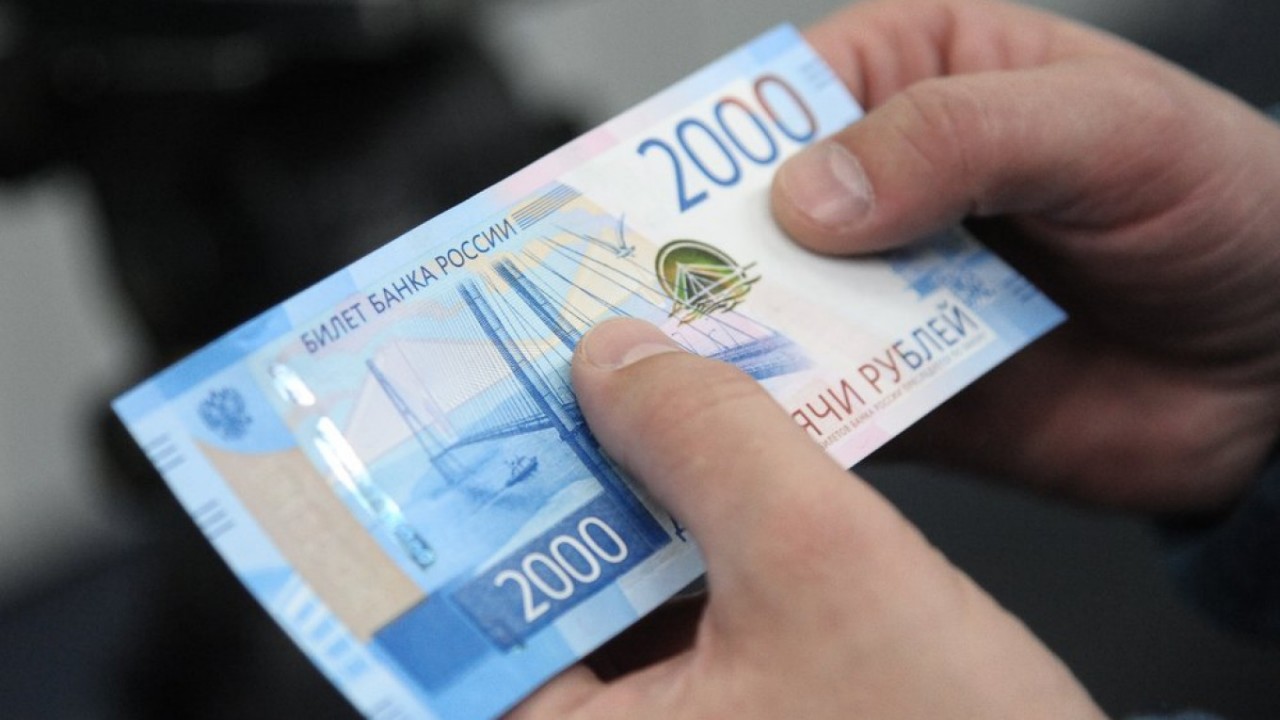 |
| Inflation in Russia is much higher than the country's central bank forecast in July 2024. (Source: Moscow News Agency) |
World economy
IMF raises Asia-Pacific growth forecast
Recently, at a press conference on the economic outlook for the Asia-Pacific region, the International Monetary Fund (IMF) assessed that the regional economy is still the growth driver of the world economy and raised its growth forecast for the region in 2024 and 2025.
Mr. Krishna Srinivasan, Director of the IMF's Asia-Pacific Department, assessed that Asia remains the engine of world growth, contributing to 60% of global growth. In the first half of 2024, the Asian economy grew stronger than expected and the IMF raised the region's growth forecast to 4.6% in 2024 and 4.4% in 2025.
Going forward, the IMF expects domestic demand in Asia to pick up ahead of other regions, having been hit by past monetary tightening. It also forecasts that growth in India and China will remain solid, although they will slow somewhat by 2025. For emerging markets outside China and India, the IMF expects strong and broad-based growth.
US economy
* According to the US Energy Information Administration (EIA), gasoline inventories in the US unexpectedly fell to a two-year low due to increased demand, while crude oil reserves also recorded an unexpected decline as imports decreased.
Last week, U.S. crude imports from Saudi Arabia fell to 13,000 barrels per day, the lowest since January 2021, from 150,000 barrels per day the previous week. Imports from Canada, Iraq, Colombia and Brazil also fell last week, according to the EIA.
* The US Federal Reserve is expected to cut interest rates by another 25 basis points on November 7 , according to the forecasts of all 111 economists participating in a Reuters survey. More than 90% of them continue to forecast another 25 basis point rate cut in December.
According to the median estimate of the experts participating in the survey, the Fed will continue to cut interest rates by a total of 50 basis points in the first two quarters of 2025 and another 25 basis points in the final quarter of the year, bringing the federal funds rate to around 3.00-3.25% by the end of 2025, slightly lower than the US institutional "dot-plot" chart.
Inflation appears to be under control for now, but strong economic growth expectations could reignite price pressures in the future.
Chinese Economy
* According to data from the National Bureau of Statistics of China, in the first three quarters of 2024, China's total online retail sales reached 10.9 trillion yuan (US$1,528.9 billion), up 8.6% year-on-year. Of which, online retail sales of plant goods reached 9.1 trillion yuan (US$1,276.2 billion), up 7.9%.
* On October 30, China issued guidelines to promote the replacement of traditional fossil energy sources with renewable energy sources, focusing on integrating the use of renewable energy in key areas and promoting related innovative technologies to create new alternative models.
The guidance targets domestic renewable energy consumption of more than 1.1 billion tonnes of standard coal by 2025 and more than 1.5 billion tonnes of standard coal by 2030 to strongly support the goal of peaking carbon emissions by 2030.
The 17-point guideline jointly issued by six ministries covers a wide range of aspects including improving the safety and reliability of renewable energy substitution, accelerating substitution in key sectors such as industry and transportation, actively conducting innovation testing, and strengthening guarantees.
* On October 30, China reacted strongly after the European Commission (EC) announced the final results of its anti-subsidy investigation into Chinese electric vehicles.
A spokesperson for China's Ministry of Commerce said that China has repeatedly pointed out that the investigation conducted by the European Union (EU) has many unreasonable points, is not in accordance with regulations, and is an act of protectionism under the name of "fair competition".
Earlier, on October 29, the EU agreed to impose additional tariffs on electric vehicles imported from China after negotiations with Beijing failed to reach a deal to end the impasse. The decision was published in the EU's official journal on October 29 and will take effect the following day.
In its final decision published today, the EC confirmed that the EU will impose a new tariff of up to 35.3%, in addition to the current 10% tariff on electric vehicles imported from China.
European Economy
* Russia's central bank on October 25 raised interest rates by 2 percentage points to a record high of 21% to curb rising inflation.
In a statement, the Russian central bank said that "the growth of domestic demand continues to outpace the ability to increase the supply of goods and services." Inflation is much higher than the central bank forecast in July, and inflation forecasts continue to rise, the statement said. The bank also raised the possibility of another interest rate hike in December.
The new interest rate is the highest in Russia since the collapse of the Soviet Union in 1991. The previous high was in February 2022, when the central bank raised interest rates to 20% to support the ruble amid sanctions following the conflict in Ukraine.
* Germany has narrowly avoided a recession, despite forecasts that its gross domestic product (GDP) could continue to decline in the third quarter of 2024.
According to data from the Federal Statistical Office (Destatis), the German economy grew slightly by 0.2% in the third quarter of 2024. The information surprised experts because the results reversed the forecast that the economy could fall into a technical recession.
Europe's largest economy's GDP was boosted by increased government and household spending, according to preliminary Destatis data.
* HSBC Holding Bank has just announced that its profit in the third quarter of 2024 increased by 10%, exceeding analysts' expectations as its asset and wholesale banking segments benefited from slower-than-expected interest rate cuts.
Europe's largest bank reported pre-tax profits of $8.5 billion for the July-September period, up from $7.7 billion a year earlier. Analysts had expected pre-tax profits of $7.6 billion.
HSBC's revenue in the third quarter of 2024 increased 5% year-on-year to $17 billion.
* On October 25, credit rating agency Moody's downgraded France's credit outlook from "stable" to "negative" due to concerns about the country's financial situation.
Moody's said the change reflected "increased risks that the French government will be unable to implement measures to contain the budget deficit longer than expected and its debt servicing capacity will deteriorate." The agency still rates France at Aa2, citing its "large, wealthy and diversified economy."
Economy of Japan and South Korea
* A recent survey showed that the average monthly salary increase at Japanese companies was 2,524 yen ($16) higher than last year, reaching a record 11,961 yen. This is the first time the salary increase has exceeded the 10,000 yen mark , coming amid rising living costs.
The figure, which represents a 4.1 percent increase from last year, comes as management and labor unions agreed on historic pay increases in wage negotiations this spring. A hike in the minimum wage also contributed to the increase, according to Japan's Ministry of Health, Labor and Welfare.
* South Korea's economic growth in 2024 will be lower than the 2.4 percent forecast in August due to a slowdown in exports, Bank of Korea (BoK) Governor Rhee Chang-yong said on Tuesday. However, Governor Rhee dismissed concerns about the risk of a recession stemming from the growth slowdown and said there was no need for a comprehensive economic stimulus package as it could cause side effects on the economy.
According to Governor Rhee, it is likely that South Korea's economic growth rate this year will decrease to 2.2-2.3%.
* On October 29, the Ministry of Trade, Industry and Energy of South Korea asked domestic oil refineries not to increase gasoline prices excessively amid increasing energy price volatility and escalating instability in the Middle East.
The call comes after South Korea last week decided to extend its fuel tax cuts by two months with some adjustments. The tax cut for gasoline will be 15 percent, while diesel and liquefied petroleum gas (LPG) will be 23 percent. Previously, the country had applied a 20 percent tax cut for gasoline and 30 percent for diesel and LPG, which were scheduled to expire at the end of this month.
ASEAN Economy and Emerging Economies
* Indonesian President Prabowo Subianto on October 29 convened a closed-door meeting with a number of ministers to discuss the situation of Indonesia's textile industry, focusing in particular on finding solutions to support leading textile group Sri Rejeki Isman (Sritex).
Economic Affairs Minister Airlangga Hartarto said President Prabowo Subianto wanted to learn more about the difficulties of the textile industry, including asking for measures to support the industry.
* The Indonesian government is prioritizing long-term economic growth through energy security, digitalization and natural resource industrialization.
“These three themes serve as the foundation for long-term growth and that is when we need to look at growth drivers,” Indonesian Deputy Finance Minister Thomas Djiwandono said on October 29.
President Prabowo will expand the economic focus to other sectors to maintain Indonesia’s attractiveness to global investors, Thomas added. The Finance Ministry is exploring various sectors as potential new sources of growth, including infrastructure, tourism and digitalization.
* The Malaysian government has increased the budget for the National Energy Transition Fund from 100 million Ringgit (22.93 million USD) in 2024 to more than 300 million Ringgit (68.80 million USD) in 2025. Experts in Malaysia assessed that this is a timely move to speed up the implementation of green energy projects.
* The Department of Internal Trade under the Thai Ministry of Commerce has temporarily banned crude palm oil exports due to reduced palm output caused by drought and plant diseases.
The restrictions are expected to last until December 2024 to stabilize domestic prices and ensure adequate stocks, said Goranij Nonejuie, deputy director general of the Internal Trade Department. Goranij confirmed that crude palm oil prices are currently at a favorable level of 8-9 baht per kg, but stressed the need to closely monitor bottled palm oil prices.
Source: https://baoquocte.vn/kinh-te-the-gioi-noi-bat-25-3110-lai-suat-o-nga-cao-ky-luc-trung-quoc-phan-nganh-voi-eu-duc-thoat-suy-thoai-trong-gang-tac-292000.html


![[Photo] Prime Minister Pham Minh Chinh meets with King Philippe of Belgium](https://vstatic.vietnam.vn/vietnam/resource/IMAGE/2025/4/1/be2f9ad3b17843b9b8f8dee6f2d227e7)


![[Photo] Close-up of Vietnam's sniffer dog team searching for earthquake victims in Myanmar](https://vstatic.vietnam.vn/vietnam/resource/IMAGE/2025/4/1/d4949a0510ba40af93a15359b5450df2)
![[Photo] General Secretary To Lam receives King Philippe of Belgium](https://vstatic.vietnam.vn/vietnam/resource/IMAGE/2025/4/1/e5963137a0c9428dabb93bdb34b86d7c)
![[Photo] President Luong Cuong and King Philippe of Belgium visit Thang Long Imperial Citadel](https://vstatic.vietnam.vn/vietnam/resource/IMAGE/2025/4/1/cb080a6652f84a1291edc3d2ee50f631)



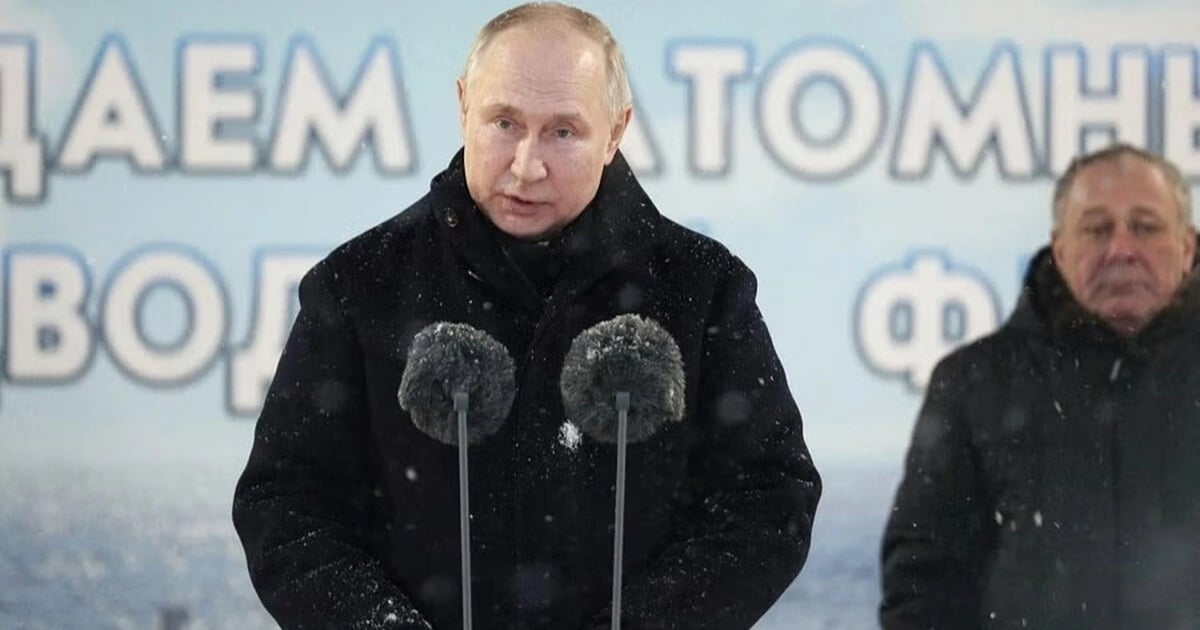
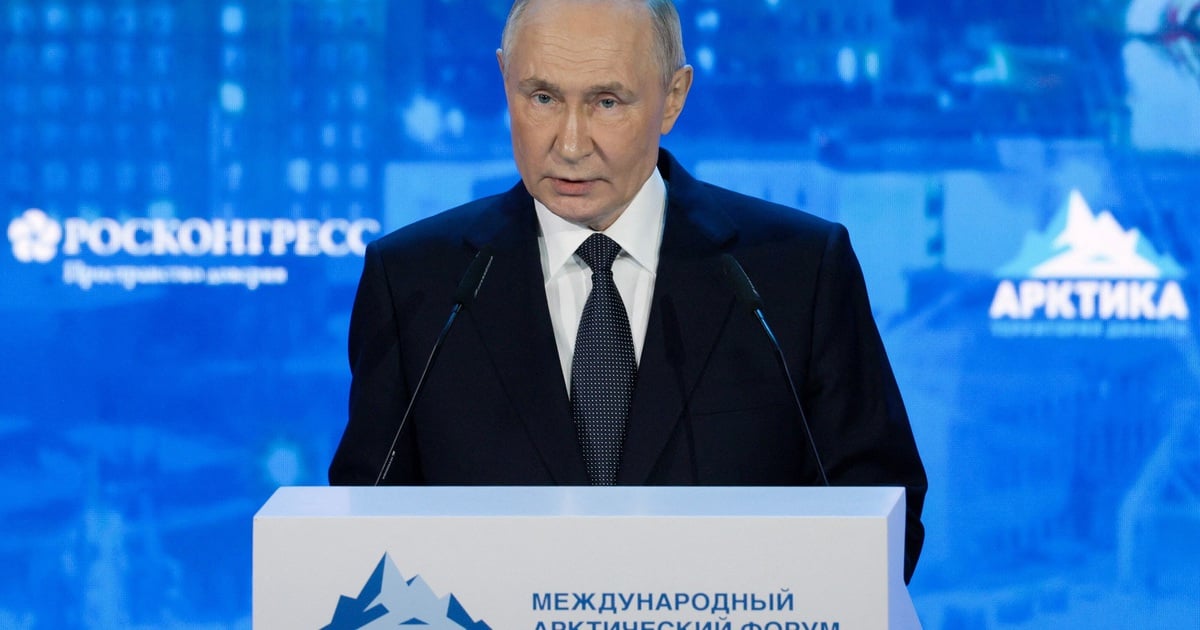


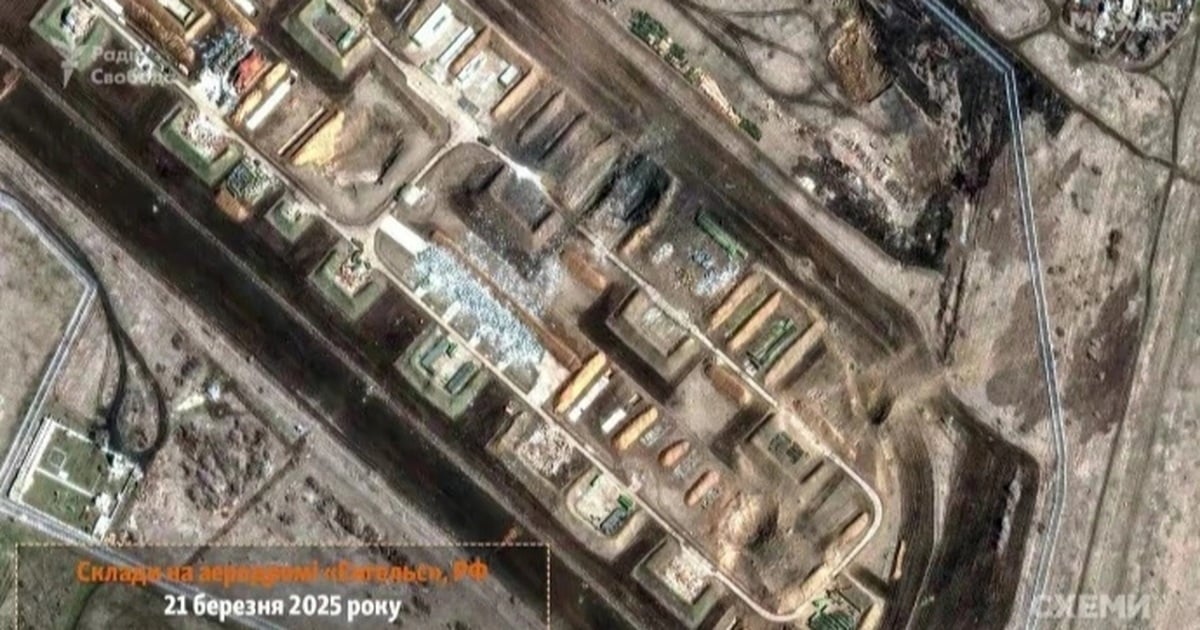


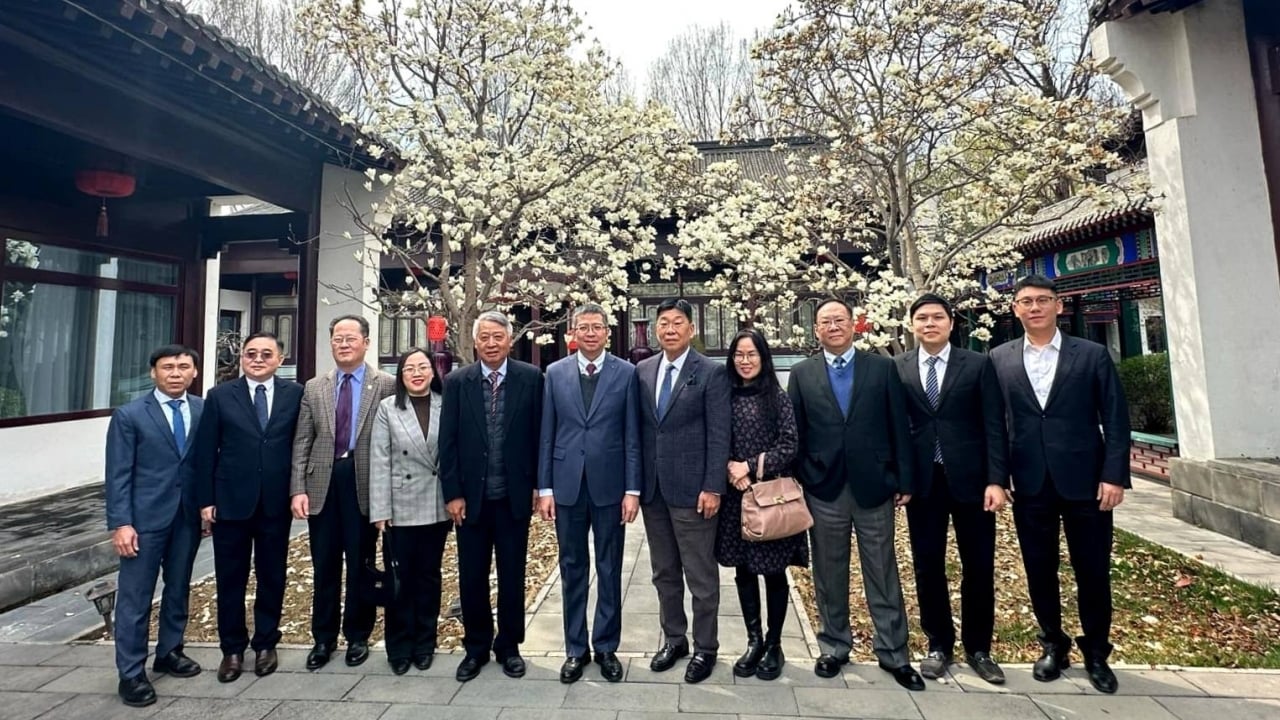




















































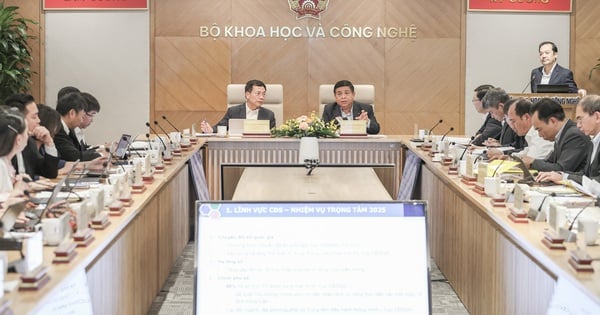


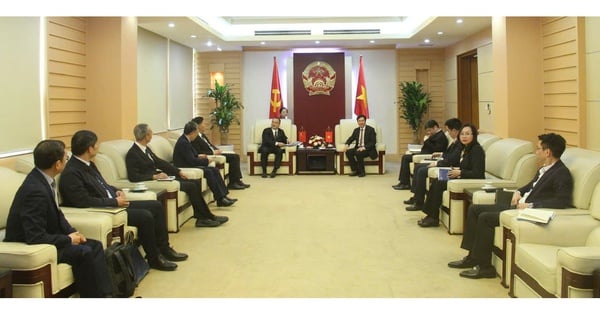


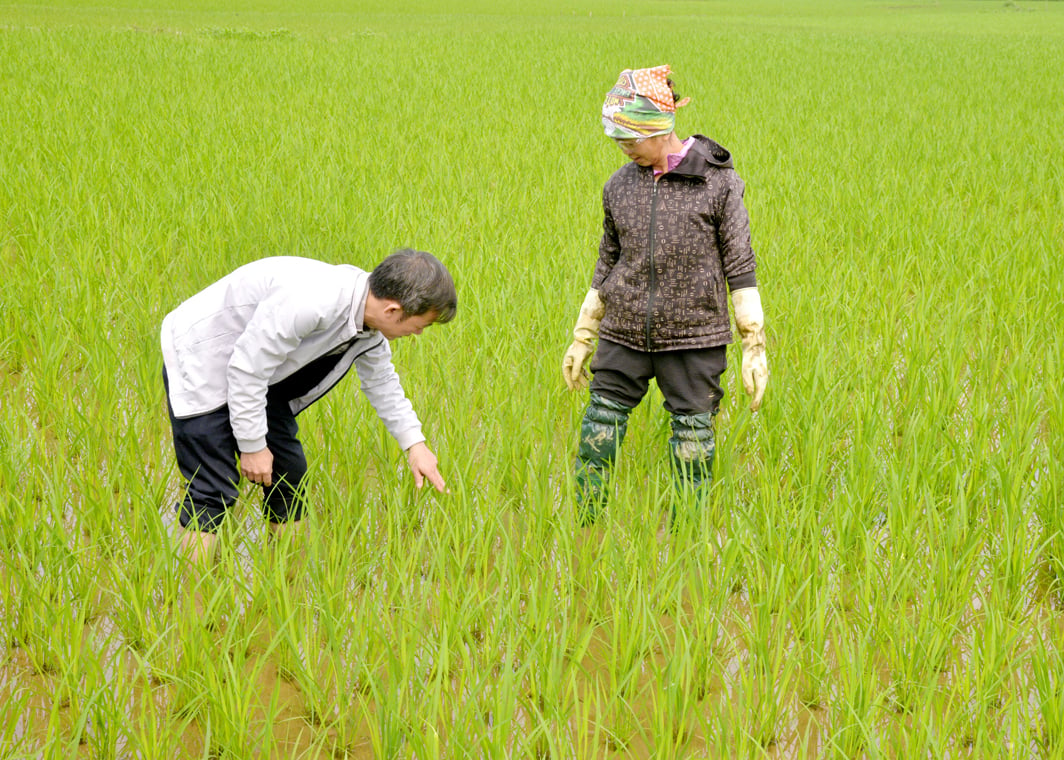

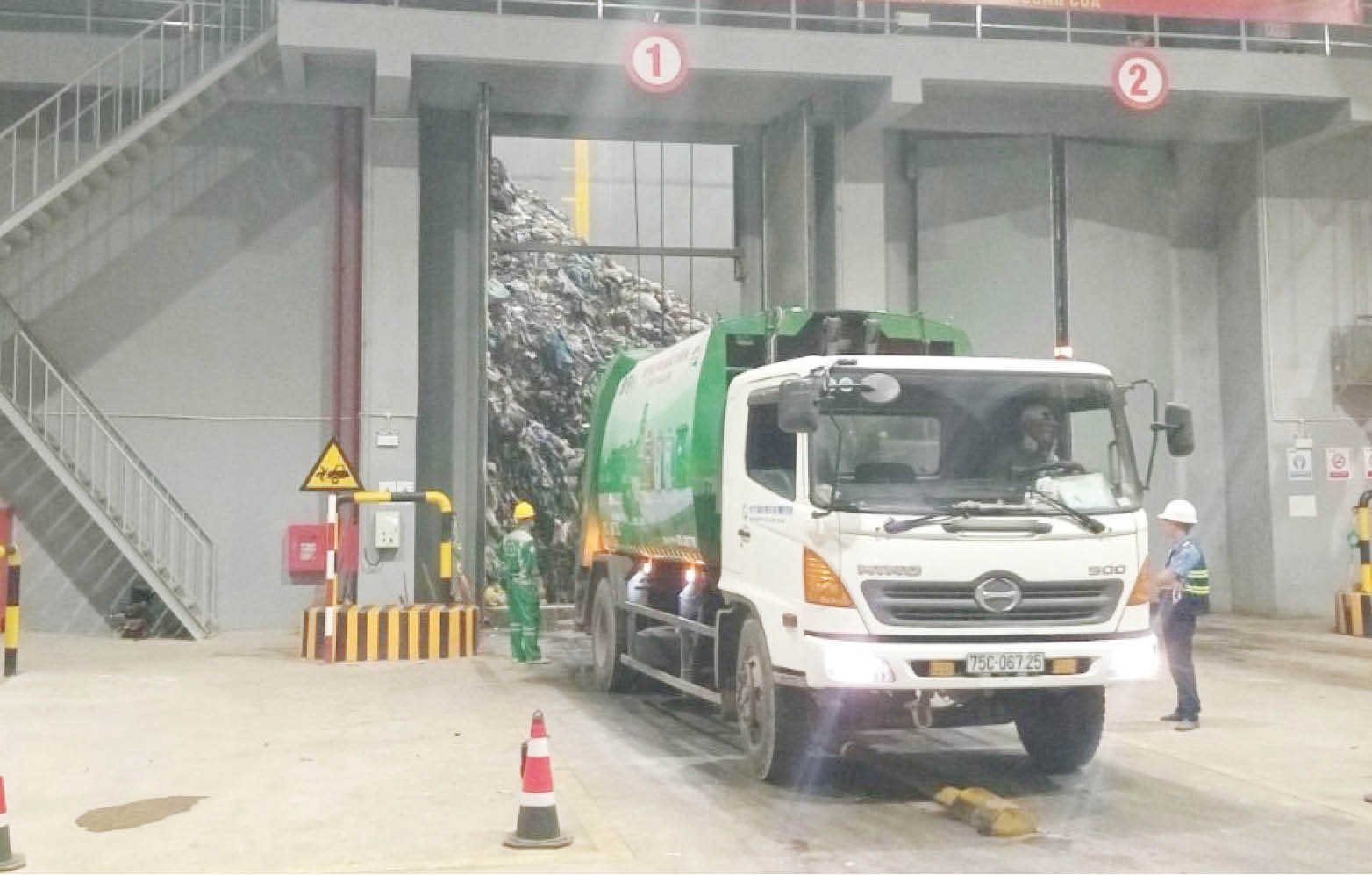

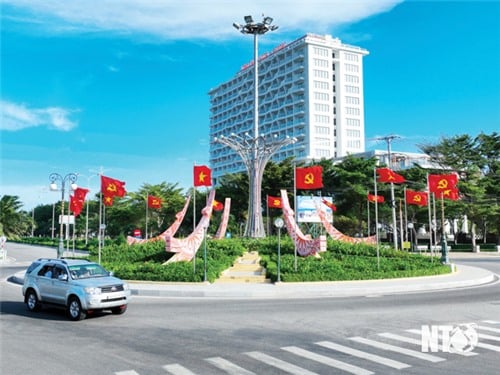
















Comment (0)